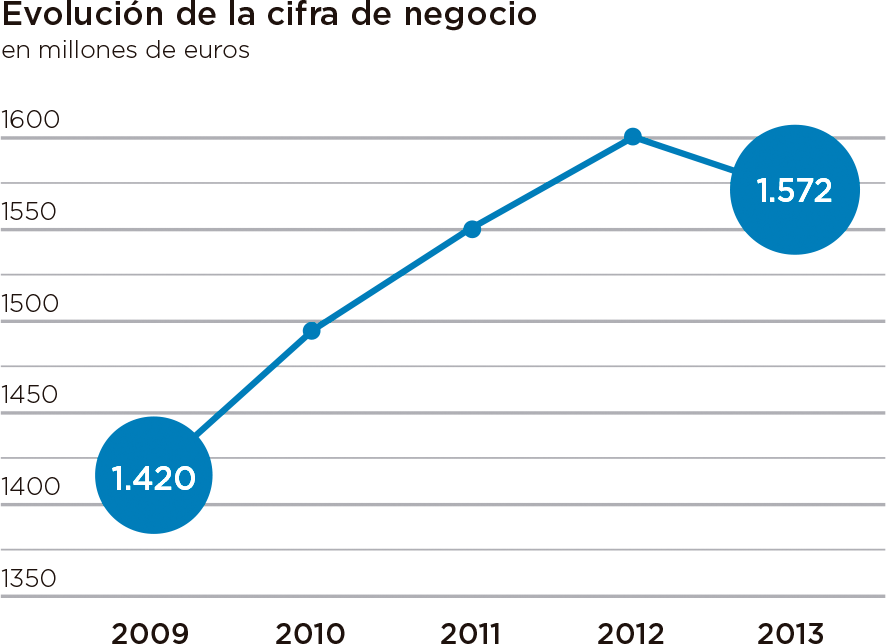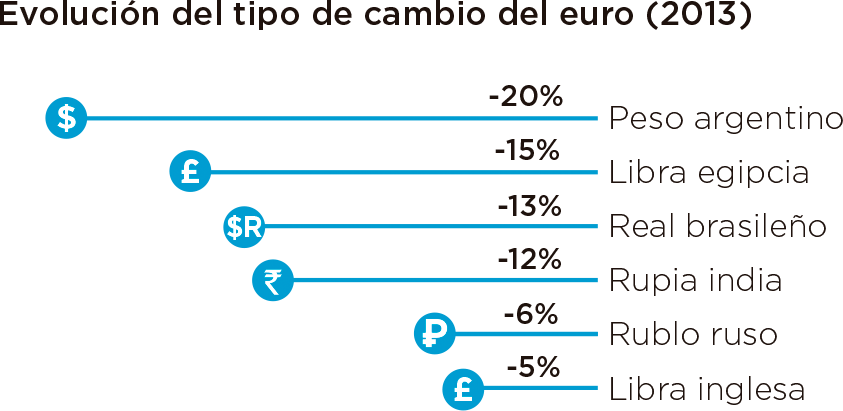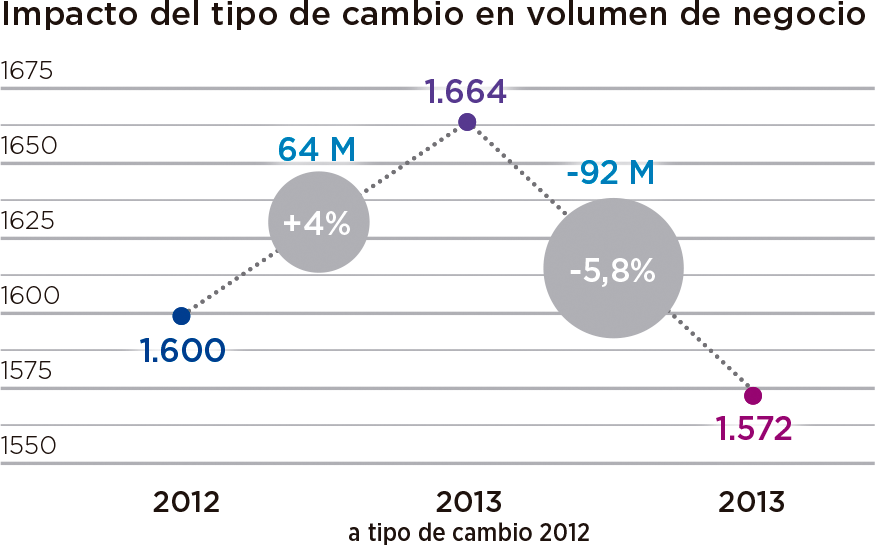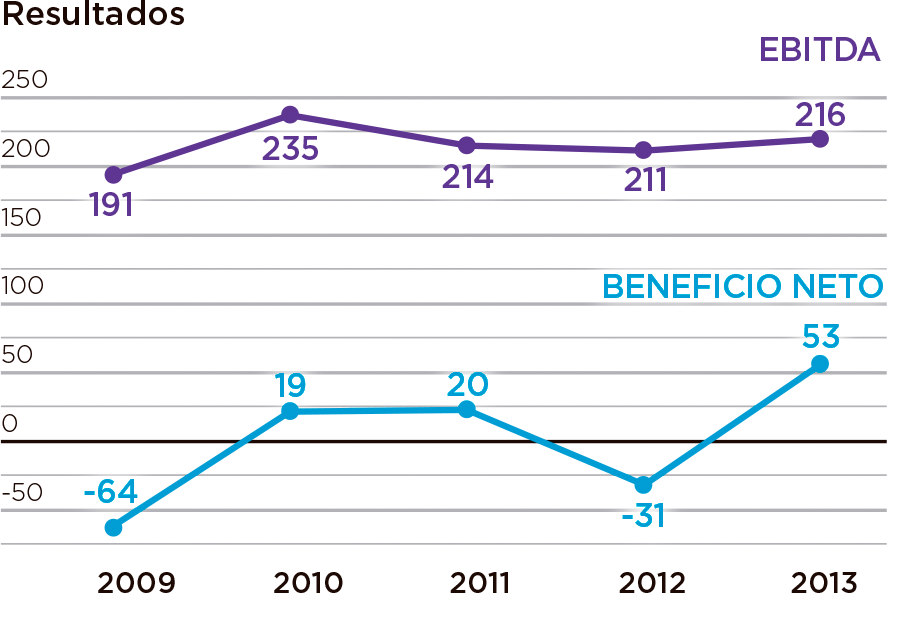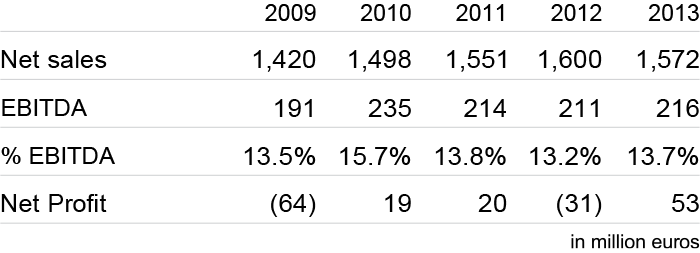The year 2013 has witnessed signs of global economic recovery, especially in the second half of the year. Highlights include macroeconomic improvements in both the U.S.A. and Japan — gross domestic product (GDP) growth of 1.9% and 1.6%, respectively — combined with emerging signs of recovery in the euro zone. Meanwhile, emerging economies have continued their expansion phase, although with signs of depletion in some cases.
Confidence has been restored to some extent, and there have been significant reductions in some of the risks affecting global financial stability, in particular, the euro zone crisis, the risk of fiscal collapse in the U.S.A. and significant capital outflows from emerging countries.

